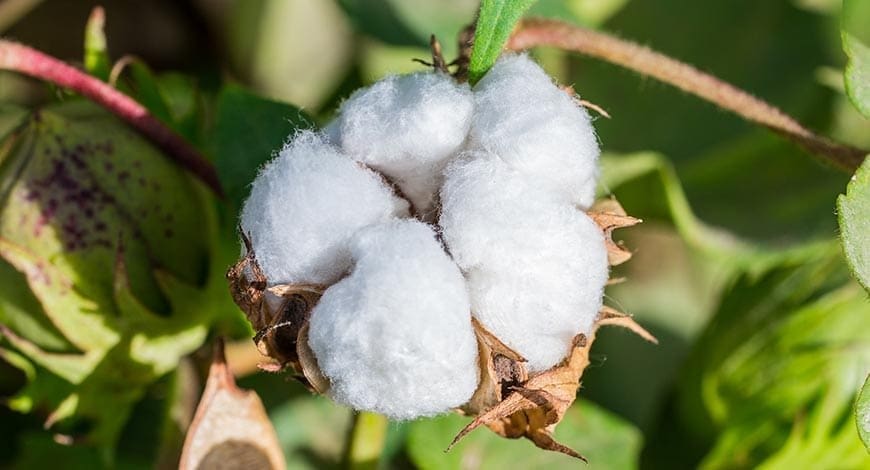As an increasing number of farmers from Marathwada and Vidarbha, under the aegis of ShetkariSangathana, defy the ban on specific varieties of Bt cotton, Vasant Mule, a farmer from Umarkhed village of Buldhana district, became the first farmer to be arrested this year by the police for the possession of a banned variety of Bt cotton.According to his lawyer, Mule has been charged under various sections of the Seeds Act 1968, the Essential Commodities Act, Environment Protection Act and the Indian Penal Code. The District Quality Control Officer has seized 21 packets of illegal Bt cotton seeds.
India allows cultivation of BGI and BGII varieties of Bt cotton. However, as these varieties have become prone to pink bollworm and other pests, seed companies have developed a herbicide-resistant (HT) Bt cotton. The Centre hasn’t allowed its commercial release. On Wednesday, the 40-year-old MadhavKharat from Kasaudi village of Parbhani district, sowed illegal Bt cotton. Asked if he is not afraid of government action, Kharat said, “Facing the prospect of government action is better than pursuing loss-making farming. When I was sowing legally available Bt cotton seeds, I was getting only 2 quintal to 3 quintals of cotton per acre. Last year, I got 15 quintal/ acre production from illegal Bt seeds.”
“All that we want is access to technology that can reduce cost of cultivation and give some returns to the farmers,” said Anil Ghanvat, president, Sharad Joshi-founded ShetkariSangathana. “We have increased the vigil. The sales figures of legally available seeds indicate that the presence of illegal seeds is only marginal,” said VN Ghavate, joint director (agriculture). As some state governments have been filing cases against seed companies, whose seed plots have been found to be containing HTBT plants, the industry has approached the central government requesting that such severe action should not be taken.

